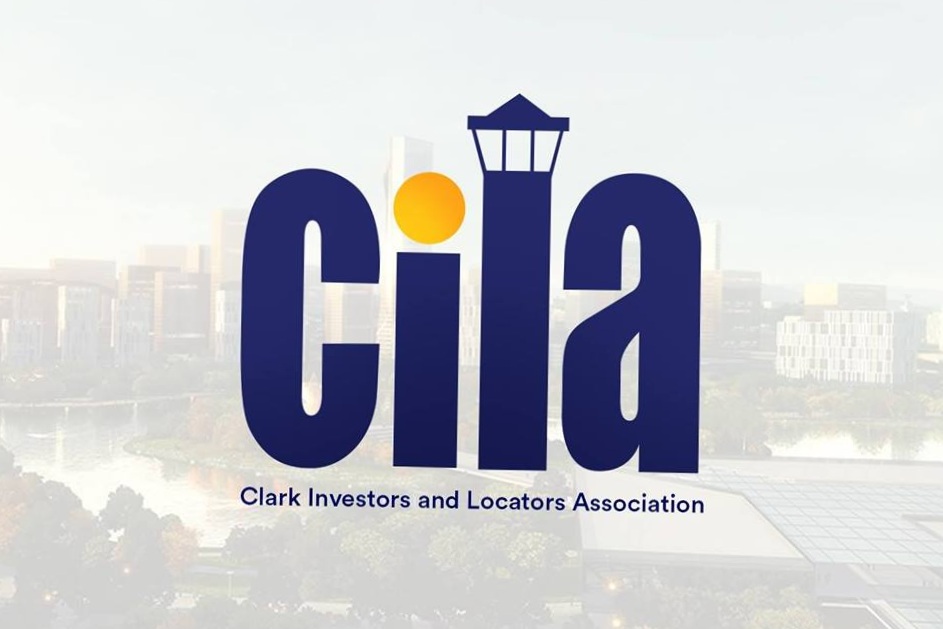Indignant investors at the Clark Freeport Zone urged the Department of Environment and Natural Resources (DENR) to postpone implementing its administrative order on Water Quality Guidelines and General Effluent Standards (GES).
In a letter to DENR Secretary Roy Cimatu dated January 11, 2021, the Clark Investors and Locators Association (CILA) which is representing some 90 percent of all the investors inside the Clark freeport also urged the DENR to “reconsider amending” the Water Quality Guidelines and General Effluent Standards (GES). The DENR order, according to CILA, would affect the operations of Clark investors because the water rate will increase by 100 percent.
“We would like to bring to your attention the objections and apprehensions of our members with regard to the DENR Administrative Order (DAO) No. 2016-08 on Water Quality Guidelines and General Effluent Standards (GES) that was signed just before the end the last administration’s term which was allegedly lacking of proper public consultation and regulatory impact assessment,” said CILA.
CILA noted the “revised Philippine standards is considered to be one of the strictest in the world, some of the parameters for discharge are more stringent than standards of the World Health Organization (WHO) on waste water and even on drinking water and we have yet to hear a technical justification for such stringent standards.”
The DENR Administrative Order No. 2016-08 on Water Quality Guidelines and General Effluent Standards (GES) compelled the Clark Water Corporation (CWC), to comply with the DENR directive infusing P2.303 billion capital investment.
This, according to CILA, will result to a massive P17.64 per cubic meter Extraordinary Tariff Adjustment (ETA) for water distribution alone and P24.70 per cubic meter for water distribution and sewerage services.
It would also increase the water rate in Clark by as much as 100%.
CILA noted that “if the new or more stringent parameters are not rationalized with the effluent standards of our ASEAN neighbors, the cost of production will be higher in the Philippines, thus, greatly affecting our competitiveness in the world market especially now amidst the effects of the pandemic.”
Despite repeated attempts to request for copies of the study which was used as basis of the Environmental Management Bureau, the stakeholders have not been provided a copy, according to CILA. “This creates another uncertainty whether or not there is a sound basis on the environmental benefits that are aspired to be accomplished.”
CILA furthered that “while the intention is to elevate the quality of wastewater discharge, the revised standards will, as a natural consequence, result to the generation of additional sludge volume. This is because to date, chemical precipitation and coagulation / flocculation are still the most widely used method to effectively remove heavy metals from industrial wastewater.”
“The objective sought by the Revised GES might lead to scenario where to further clean the wastewater discharge to comply with the new standard, more waste in the form of chemical sludge from wastewater treatment would be generated that could pollute the environment.”
CILA said “we hereby support the appeal of the Anti-Red Tape Authority (ARTA) and the Department of Trade and Industry (DTI) for the immediate suspension of the said regulation pending the release of the proposed amendments to the GES by the technical working group created by the Environmental Management Bureau.”
This position is shared with the members of the affected stakeholders such as the Joint Foreign Chamber of Commerce (JFCC), Semiconductor and Electronics Industries in the Philippines Foundation, Inc. (SEIPI), and the various investments promotions agencies (IPAs), said CILA.
CWC has already started construction on January 15, 2021 to comply with the DAO.





